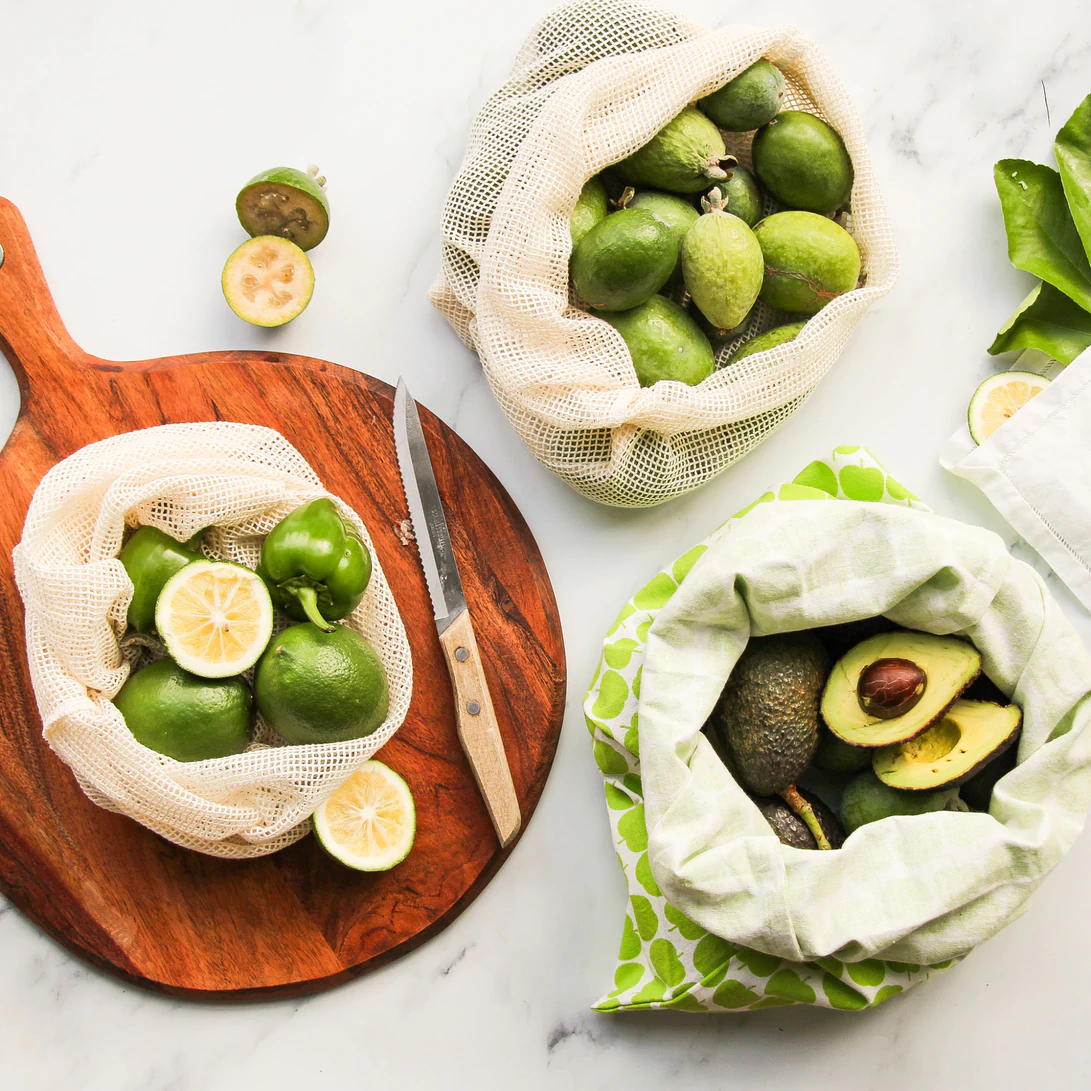Orange juice: the juice of an orange, in a bottle. The farmers pick it, squeeze it and package it straight to the nearest supermarket, where you buy it, refrigerate it and drink it. The process can’t be much more complicated than that, right?
Unfortunately it can. Juices are actually a little less ‘good for you’ and a little more ‘rot your teeth and high in calories’, according to Melbourne dietitian Melanie McGrice.
“Juice is a good, nutritious way to gain weight,” says Melanie in an interview with The Age this January. “Most of us already have a high kilojoule (calorie) diet, so for people who are weight-conscious, they really don’t want the extra kilojoules contained in juice. A piece of fruit and water is always going to be a far better choice.”
A survey of several popular fruit juice brands by The Sunday Age reveals some contain more sugar and calories than soft drinks, and up to half the average daily energy requirement. “Some fruit juice brands contain more sugar and calories than soft drinks. Even sugary red cordials contain fewer calories than some fruit juices on the market.” The Age comments.
You would expect that juice would be a healthy alternative to soft drink, something you chose over a sugary can of coke. Well it is actually quite the contrary.
Hookedonjuice.com reveals that there is actually more calories in a glass of orange juice, than a can of coke (glass containing the same amount of fresh juice as coke in a can). “100 percent juice – no sugar added- contains the same amount of sugar as the same volume of coke when comparing tropical juice.”
Who knew! This doesn’t necessarily mean ditching juice all together. It was and still is a healthier option to soft drinks, however keeping in mind the sugar content, it is important to stick to one or two glasses a day. Opting for the real thing altogether will help your digestion and keep you feeling healthy and positive!










